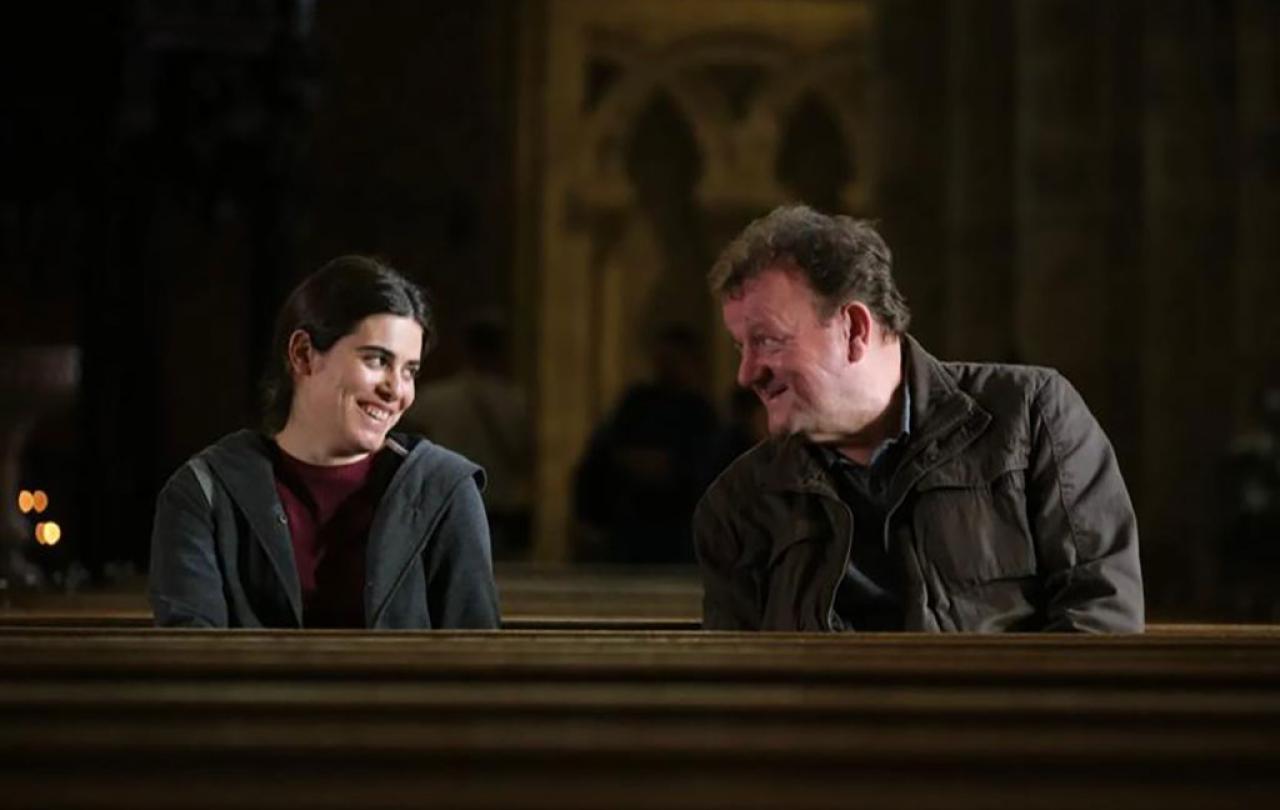
The leftovers were being gathered up, chairs being put back in their place, and happy looking people were dispersing. The last child there, his mum helping to wrap things up in the kitchen, was clinging onto a toy that I, in my imagination, like to think he makes a B-line for every time he spots it. It was an ordinary scene, but there was something undeniably extraordinary underpinning it.
Although it’s hard to articulate with words (which is admittedly not ideal when the objective of the visit was to write about it), it was immediately clear to me, I had walked right into the aftermath of something truly special. I sat down with Joey and Sarah, two of the Growbaby team, to figure out what it was.
Growbaby is an international children’s supply charity, providing clothing, equipment and everyday essentials for children up to five years old. Launched in 2003 and rooted in a local Vineyard church in Kingston Upon Thames, there are now multiple Growbaby hubs, one of which just happens to be at the end of my road in Cardiff. What started as a cupboard crammed with donated supplies is now a source of wholistic support for over one hundred families.
As requests flow into Growbaby HQ, packages are lovingly compiled and then freely given. These packages are put together on a case-by-case basis and can include anything from nappies to pushchairs, clothes to cots, formula to toys. Such support doesn’t tend to be offered from a distance, on the contrary, every Friday morning families (mothers and little ones, primarily) are welcomed to ‘stay and play’, and to subsequently receive the kind of support that can’t be handed over via a package. The aftermath of one of these events was the context for my short but ever so sweet visit.
The ways in which Joey and Sarah find themselves serving these families is constantly bursting the banks of their expectations.
The depth of relationship that has naturally built through their time together, with every Friday morning acting as a building block of trust, has meant that the ways in which Joey and Sarah find themselves serving these families is constantly bursting the banks of their expectations. The team have assisted in getting families set up with child credits and social services support, frequently acted as translators, ferried families to A&E, thrown baby showers, booked GP appointments, been birth partners, and even sought out affordable kitchen flooring on Facebook Marketplace.
Working for the well-being of these families has also involved appealing to the Red Cross to try and re-unite a Sudanese mother with her twelve-year-old son who has been unable to get out of the war-torn country. With families from Syria, Sudan, Iran, Iraq and Somalia (to name but a few), many of whom have found themselves in Cardiff as refugees, Growbaby is far more than a resource centre, it is a beautifully diverse community, the most understanding of support networks, a means of building a home away from home.
When Russia launched its invasion of Ukraine last year, the Growbaby team’s minds immediately went to the Russian women within their community, those who had brought their families to the UK in search of political asylum. These women had built a home for themselves and their children here, and yet, the news of the Russian offensive was likely to make them feel as vulnerable as the day they arrived. So, the team gave each of these women a card; a small but mighty gesture that let these women know that they were seen, safe, understood and loved in the place that they now called home.
The team here are also hosting these families’ trauma and their fears, they’re holding space for their joys and their victories.
I was struck by the fact that whole lives have been enhanced in this room; friendships have been forged, babies have been celebrated, all kinds of needs have been provided for, and women who came to Growbaby for help are now the volunteers who offer it. And these stories are a mere scratching of a powerful surface, the beaming smiles on both Joey and Sarah’s faces tell a thousand more. The impact that these women have had could never be adequately squeezed into an article (again, not ideal when an article is the objective).
Stepping foot into the room that Friday morning was stepping foot into the most tangible sense hospitality one could imagine. Of course, there are the obvious, and utterly essential ways, that these families are being hosted – through resources, supplies and practical support. But the team here are also hosting these families’ trauma and their fears, they’re holding space for their joys and their victories. Each person that walks through the door of Cardiff’s Growbaby are finding a community who will welcome and host the whole of them, who will weep with them when they’re weeping, and celebrate with them when they’re celebrating.
It’s a beautiful thing.
We could be forgiven for thinking that this kind of no-strings-attached hospitality is a myth. If it ever did exist, it’s bygone, and therefore dwells only in the realms of nostalgia. So, counter-cultural is it, that we’d be suspicious if ever we were to stumble upon rumours of it.
Well, no suspicion necessary here. It truly does exist; you can take my word for it. And I can’t imagine people more in need of it than parents, the guardians and nurturers of little lives.
If you are in need of the kind of support that Growbaby can offer, you can see if there’s a Grow Baby near you by using its directory.





